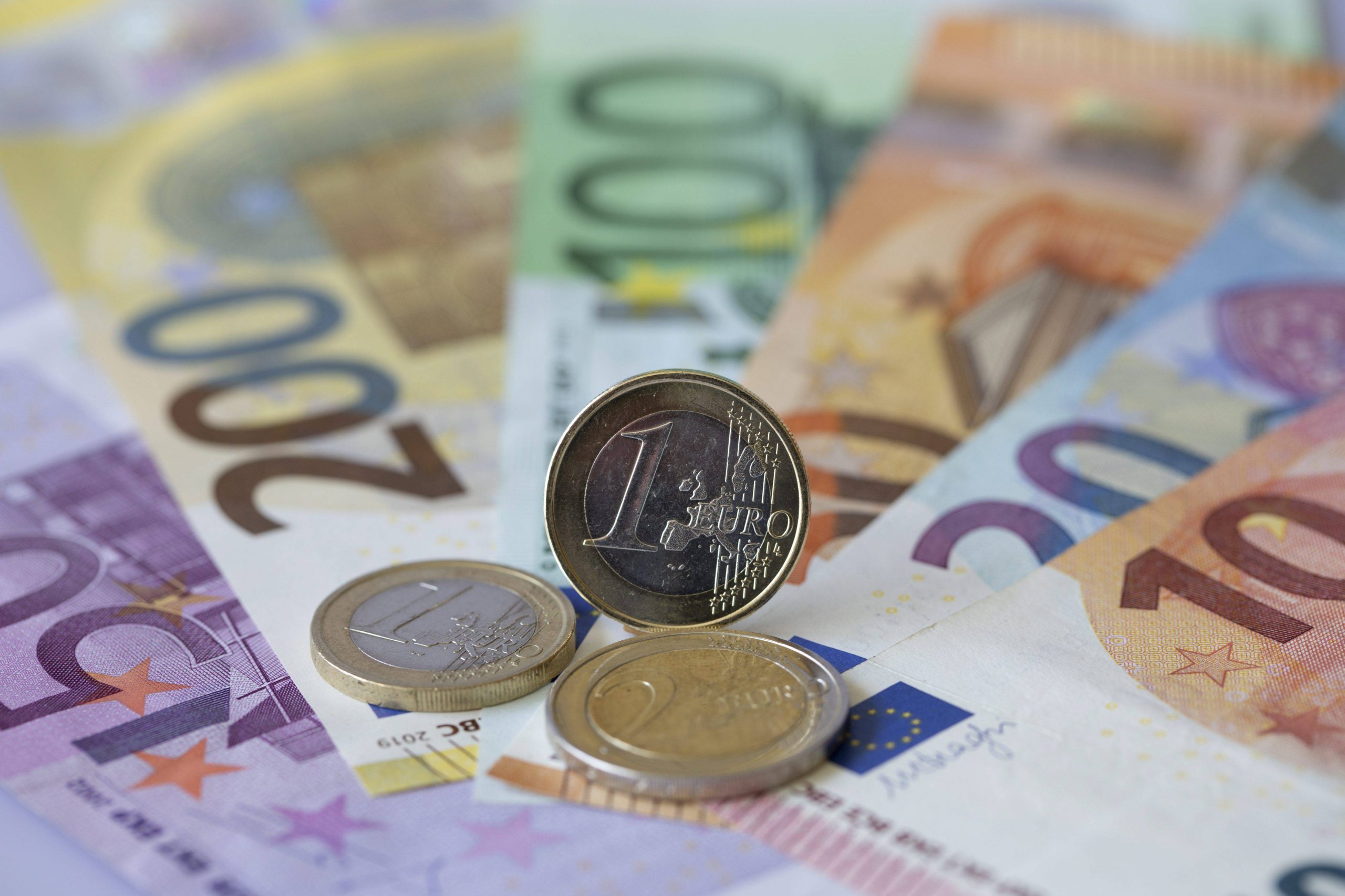SPAIN is set to account for 40% of all economic growth in the eurozone after a near-miraculous 2024 that has left traditional heavyweights Germany and France trailing in its wake.
Fresh data from the Bank of Spain reveals the country’s economy will expand by a robust 3% in 2024, nearly four times the Eurozone average of 0.8%.
The dramatic transformation has seen Spain’s GDP growth outstrip its larger European neighbors, despite representing just 10% of the Eurozone’s total economic output.
It makes a stark contrast to Spain’s position during the 2012-2014 financial crisis, with the country now leading rather than lagging behind its European counterparts in economic performance.

Just ten years on in 2023 and Spain’s GDP growth was nearly seven times the Eurozone average, and forecasts for 2024 suggest this trend will continue.
This economic renaissance has been fueled by record-breaking service exports, a booming tourism sector, and a surge in employment, with over 460,000 new jobs created in the past year pushing the workforce to an all-time high of 21.3 million.
Oxford Economics’ chief European economist Angel Talavera points to Spain’s unique advantages, including lower energy costs thanks to renewable energy investments and a service-oriented economy that has proved more resilient than the manufacturing-heavy German model.
The country’s ability to attract and integrate newcomers has played a crucial role, with immigration accounting for 84% of population growth since 2022.
These new arrivals have filled 40% of newly created positions, particularly in key sectors like hospitality and care services.
However, the economic boom has not been without its challenges.
Housing costs continue to surge in employment hotspots, putting pressure on vulnerable families despite recent wage increases and labour reforms.
Looking ahead, the Bank of Spain has raised its growth forecasts to 3.1% for 2024 and 2.5% for 2025, though it warns of potential headwinds from geopolitical tensions in Ukraine and the Middle East, as well as political instability in key European partners.








